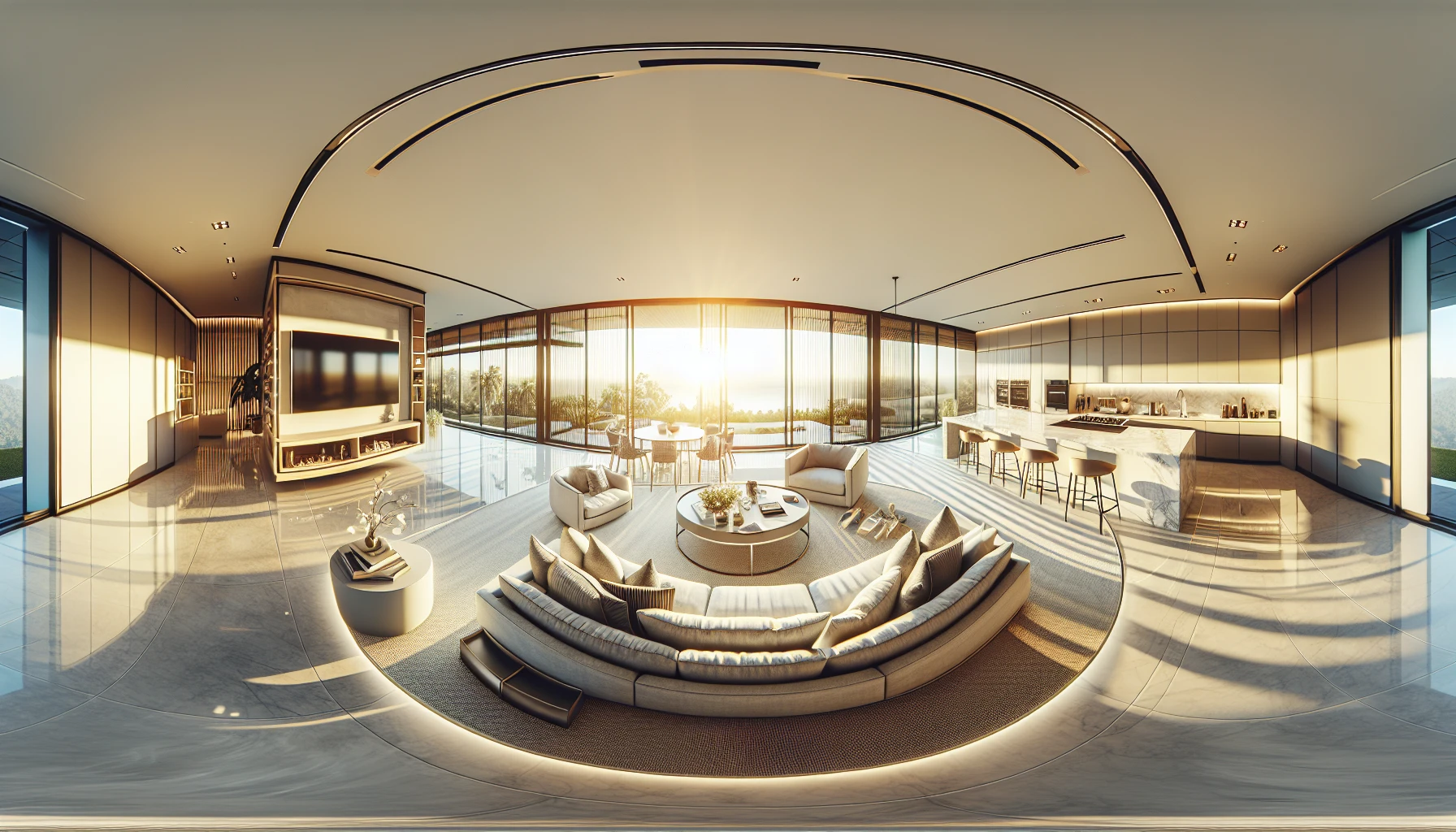Revamp Your Listings: The Ultimate Virtual Staging Software Guide for 2024
Imagine turning empty spaces into aesthetically pleasing vistas, with the power to transform real estate listings and attract potential buyers. Welcome to the world of virtual staging – a revolutionary method that combines technology and creativity to enhance property listings. This blog post will guide you through the fascinating landscape of virtual staging software, from understanding its basic concepts to mastering advanced techniques and trends .
Key Takeaways
Virtual staging is a cost-effective digital makeover of vacant spaces to attract potential buyers.
Professional virtual staging services and DIY software both offer advantages, so it’s important to consider which works best for you.
2024 trends in virtual staging include the use of curved furniture, natural materials, vintage & modern styles and advanced technologies such as AI.
Understanding Virtual Staging in Real Estate
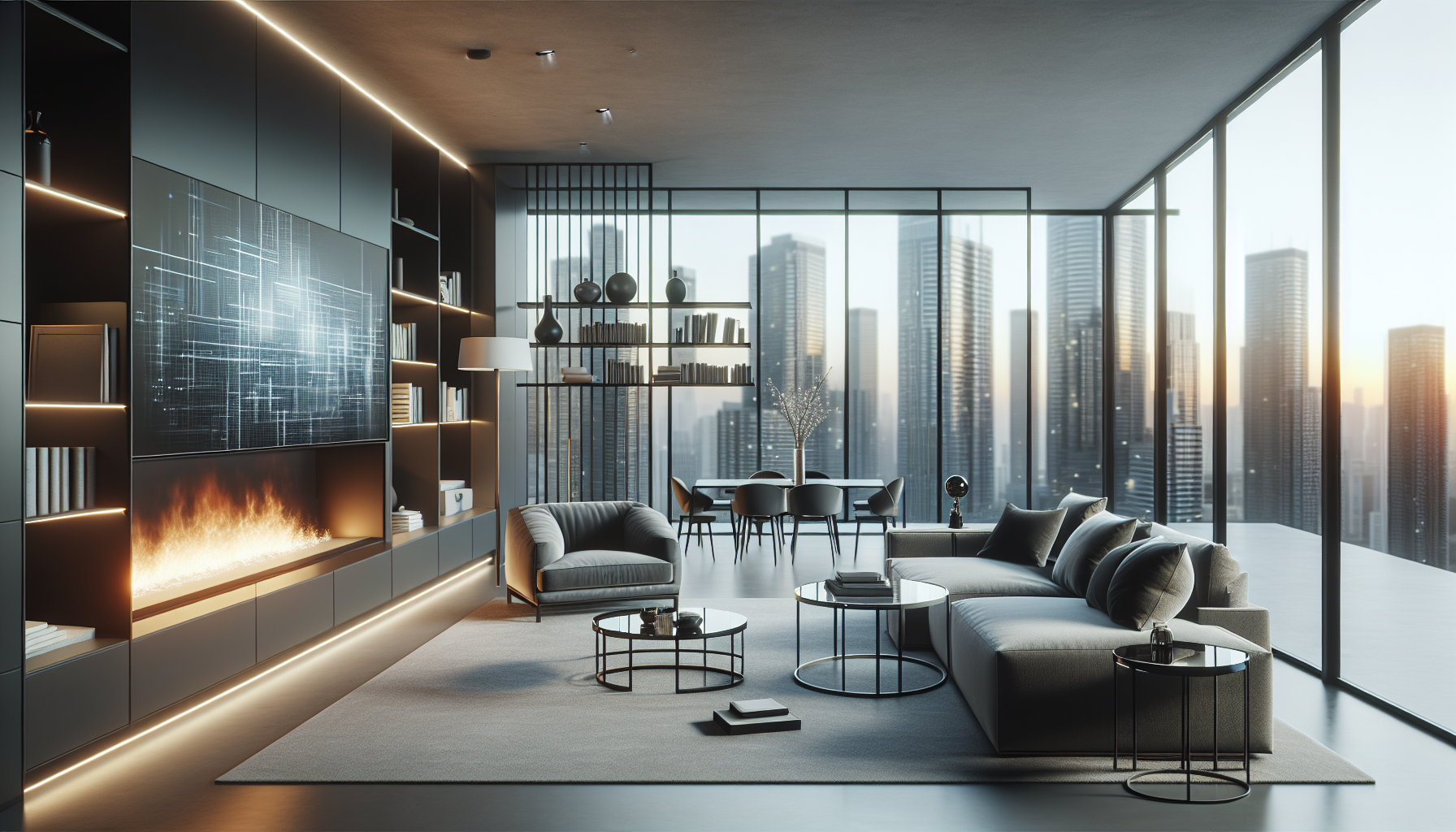
Virtual staging is the digital art of incorporating furniture and decor into photos of an empty space, thereby enhancing the allure of real estate listings. This digital makeover helps prospective buyers visualize the full potential of a property, turning a cold, vacant space into a warm, welcoming home. The best part? It’s cost-effective and efficient, with the virtual staging cost being significantly lower than traditional physical staging.
Virtual staging isn’t just a fad; it’s a game-changer for real estate professionals, photographers, and interior decorators alike. With professional staging services or a free virtual staging app, these professionals can give their property listings a digital facelift, attracting potential buyers and expediting the sales process.
Virtual Staging Services vs. DIY Software: What’s Best for You?
Choosing between professional virtual staging services and DIY software can be a tough call. Both have their merits and can be a boon for your real estate business.
We’ll examine the advantages and disadvantages of each to assist you in your decision-making process.
The Pros and Cons of Professional Virtual Staging Services
Professional virtual staging services are a one-stop solution for high-quality, realistic staging results. If you’re strapped for time, these services can be your saving grace, transforming your real estate photos into captivating visuals that can attract potential buyers. The flip side? They can be more expensive than DIY alternatives.
Professional virtual staging services provide a wide range of additional services, including virtual remodeling, virtual construction assistance, and removal of existing furniture. Your investment in these services could also turn into an income source, with professional virtual stagers earning from $100 – $1,000 or +$10,000 for a limited number of images.
Exploring DIY Virtual Staging Software Options
DIY virtual staging software brings the power of virtual home staging right to your fingertips, making it the best virtual staging software for those who prefer a hands-on approach. With virtual home staging software, you can:
Virtually stage your own properties
Access an extensive online library of decor items and furniture
Design rooms according to your preferences
Transform spaces efficiently
With DIY software, you have the independence to be in control of the process.
The cost of DIY virtual staging software varies, but it is generally more affordable than professional services. The trade-off? It may require more time and effort to achieve the desired results.
Selecting the Right Virtual Staging Software
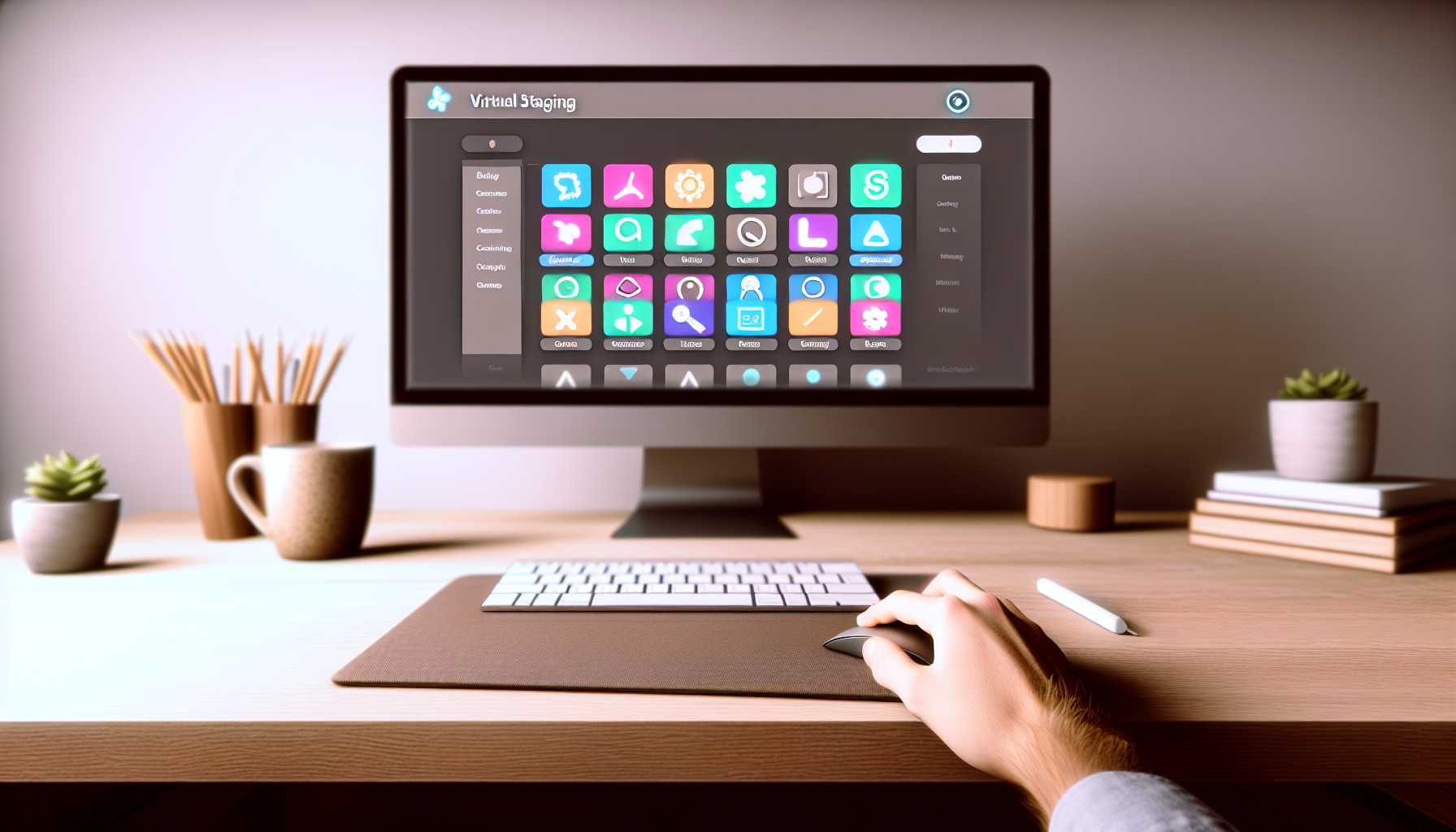
Selecting the appropriate virtual staging software might feel like searching for a needle in a haystack. With countless options available, it’s important to consider several factors, including ease of use, features, and pricing.
Some notable software options are:
Photoshop
Affinity Photo
Photopea
Krita
Gimp
For those just starting out, SketchUp is a great starting point. If you’re a real estate agent, homeowner, or broker, Real Tour Vision’s DIY package could be your best bet. For designers and architects, Punch! Interior Design is worth checking out.
Transforming Spaces: How Virtual Staging Works
Virtual staging is a comprehensive procedure, extending beyond simply incorporating virtual furniture into a photograph. It’s a craft that involves meticulous planning and execution, starting from capturing the perfect photo to sharing the final staged images.
Quality of photos is paramount in virtual staging. A DSLR camera and a wide-angle lens are your best friends when it comes to capturing high-quality photos for virtual staging. Once you have the photos, it’s time to add the virtual furniture and decor. DIY virtual staging software comes equipped with an extensive online library of decor items and furniture.
After the staging is done, the final staged images are ready to be shared.
Cost Analysis: Virtual Staging vs. Physical Staging
Virtual staging has revolutionized the way properties are presented, offering a cost-effective and flexible alternative to traditional physical staging. The average cost per room for virtual staging is $120, much lower than the $1,250 per room per month for traditional staging services.
By opting for virtual staging, you can save a significant amount of money while still showcasing your property in the best possible way. Although the cost of virtual staging can be impacted by various factors such as the complexity of the project and the size of the property, it remains a more economical solution for enhancing real estate listings.
Step-by-Step Guide to Virtually Stage Your Property
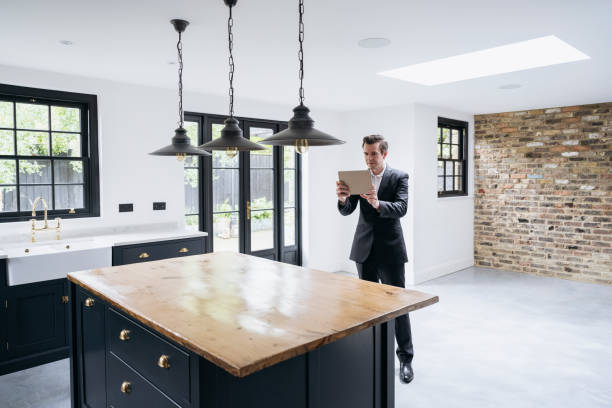
If you’re prepared to enter the realm of virtual staging, this step-by-step guide can serve as your guide. From capturing the perfect photo to sharing the final staged images, let’s walk through the process of virtually staging a property.
Capturing the Perfect Photo
The first step in virtual staging is capturing high-quality photos. Photo quality is critical as it establishes the foundation for the virtual staging process. A DSLR or mirrorless camera with a wide-angle lens is the ideal gear for capturing real estate photos.
Lighting also plays a pivotal role in determining the overall quality of the photos. Proper lighting can highlight the best features of a space and make it appear more inviting. Apart from lighting, shooting from a variety of angles is also recommended for optimal results.
For tips on using video for real estate, see our blog: https://www.quickcommissionadvance.com/blog/the-ultimate-guide-to-creating-videos-for-real-estate-marketing-in-2023/
Choosing and Placing Virtual Furniture
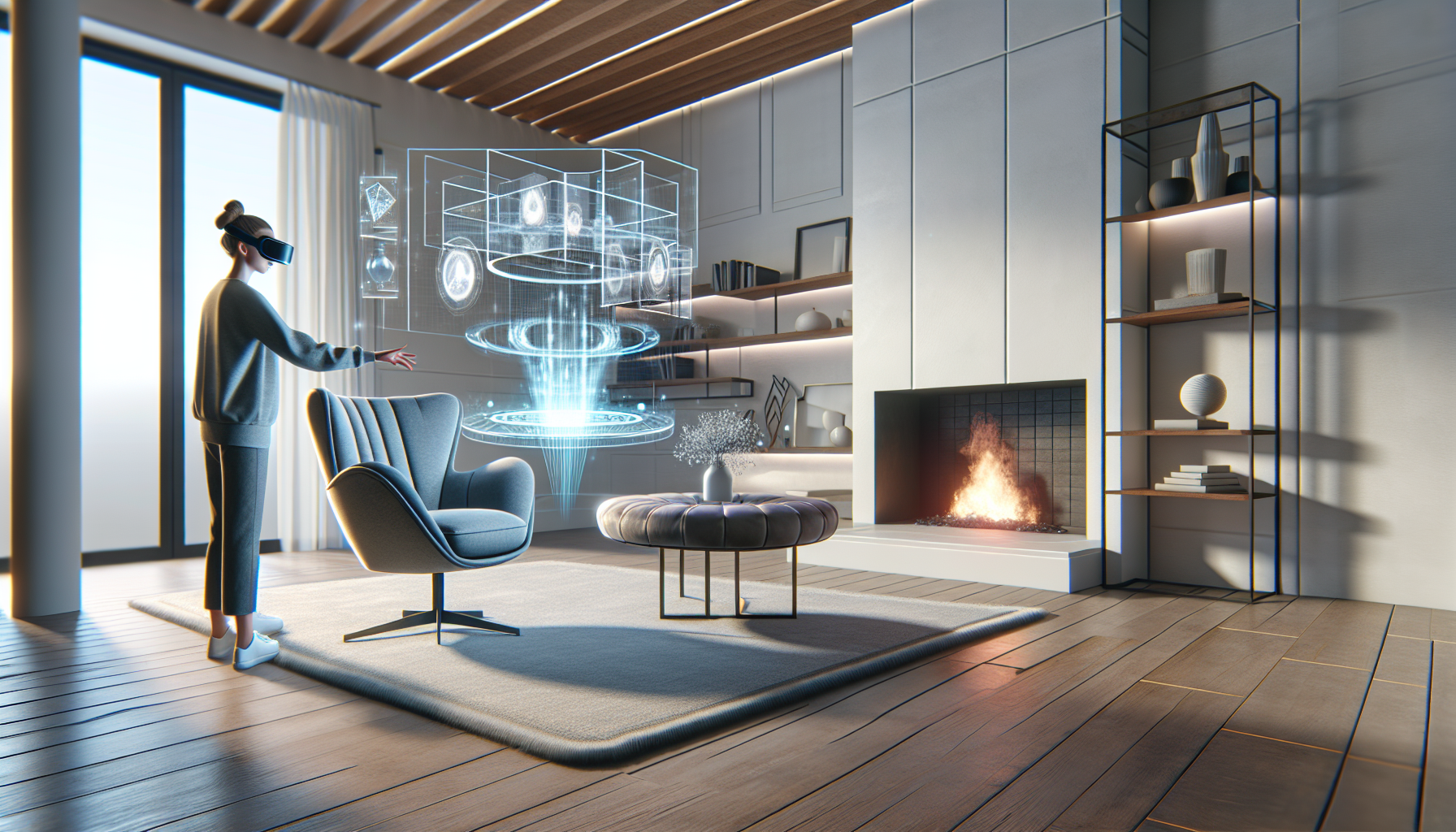
Choosing and placing virtual furniture is an art that requires a keen eye for detail. The first step in virtual staging is perspective matching, which ensures that the virtual furniture aligns perfectly with the actual space.
The placement of virtual furniture can influence the perception of space. For instance, a well-furnished virtual room can appear taller and more spacious than an empty room. Hence, selecting the right furniture and placing it strategically is pivotal in creating a visually appealing and realistic staging.
Final Touches and Sharing Staged Images
The final touches can make or break your virtual staging. It’s crucial to set up the correct lighting, stage the same unit in different ways, examine sample portfolios, and remove clutter from the physical space before staging.
Once the final touches are added, it’s time to share the staged images. Here are some tips for sharing your staged images:
Use high-resolution images for optimal quality.
Stage the same unit in distinct ways to attract a variety of potential buyers.
Place the staged images in areas where they will be visible, such as on listing websites or social media platforms.
Showcase Your Home: Best Virtual Staging Apps of 2024
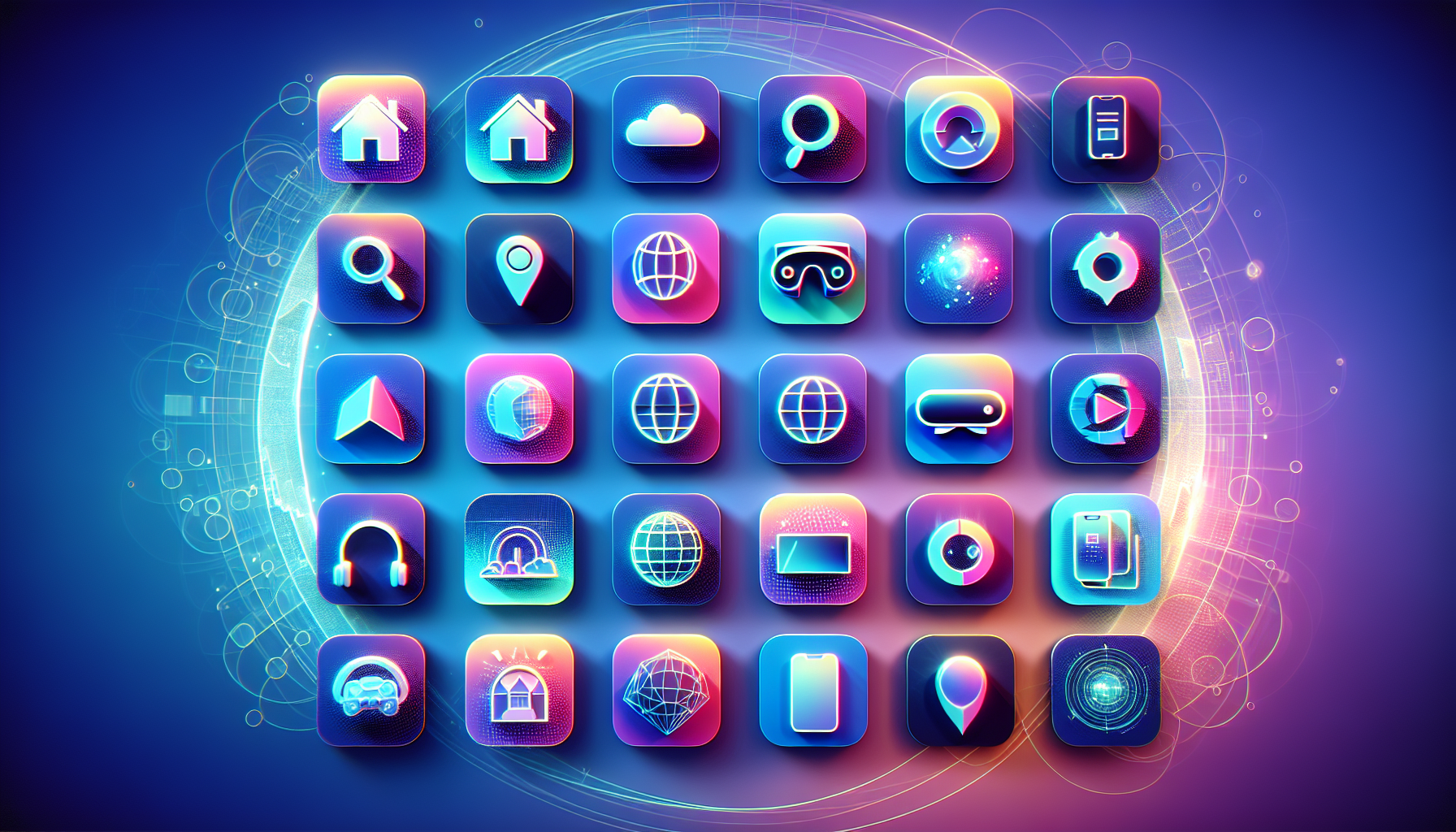
With technology constantly advancing, new virtual staging apps are always emerging. This section will present a list of the best virtual staging apps available in 2024, to help you choose the one that best suits your needs.
Virtual Staging Lab and VisualStager are both powerful tools that allow you to upload photos to their website and receive your staged images within two business days. For a more budget-friendly option, HouseCraft and SketchUp are free virtual staging software that provides powerful visualization tools. If you’re looking for a more comprehensive solution, Styldod offers image enhancement, object removal, and virtual tours.
Maximizing Impact: Advanced Virtual Staging Techniques
Understanding and mastering advanced virtual staging techniques is key to enhancing the impact of your virtual staging. These techniques go beyond basic staging and involve an understanding of lighting, perspective, and texture matching.
Lighting can create a cozy and welcoming atmosphere and bring attention to the most desirable features of a space. Uniformity in light color is paramount to achieve a unified look in the staged home. Perspective, on the other hand, can create a sense of depth and dimension, and ensure that the proportions and angles of the staged elements align with the actual space. By focusing on these techniques, you can maximize the visual impact of your staged images.
Virtual Staging for Every Room: Tailored Strategies
Every room in a property has its own charm and potential. Virtual staging can help highlight these features and create a cohesive and appealing presentation. This segment offers virtual staging strategies, each tailored to different rooms in a property.
Living rooms often serve as the central hub of a home, and thus, staging them properly is crucial. Bedrooms, on the other hand, should be staged to create a relaxing and peaceful atmosphere. Kitchens, the heart of every home, should be presented in a way that highlights their functionality and aesthetic appeal. And don’t forget the bathrooms. These spaces require a different touch, with a focus on showcasing distinctive design styles and catering to various buyer preferences.
The Business Side: Virtual Staging for Real Estate Agents
Virtual staging can revolutionize the way real estate agents operate. It offers a cost-effective way to enhance property listings and attract potential buyers. This section provides tips and advice for real estate agents on how to use virtual staging effectively.
Virtual staging can broaden the buyer pool by tailoring a property’s appearance to different demographics, making it more appealing to a wider range of potential buyers. Moreover, virtual staging solutions enable real estate agents to digitally furnish and decorate empty or outdated spaces, making them more attractive to prospective buyers.
Free vs. Paid: Evaluating Virtual Staging Software Options
Virtual staging software is available in both free and paid versions, with some providers even offering virtual staging software free options. While free software might be appealing due to the cost advantage, paid software often offers additional features and capabilities.
Free virtual staging software options such as HouseCraft and SketchUp are faster and less expensive than professional services, but they may offer fewer customization options. On the other hand, paid options like Roomstyler and Decorilla provide more customization options, superior quality images, and access to experienced designers, but they come with a higher cost and longer turnaround times.
Virtual Staging Success Stories
The efficacy of virtual staging can be better understood through real-life success stories. In this section, we’ll share some success stories that showcase the positive impact virtual staging can have on property sales and marketing efforts.
PadStyler and Bella Virtual Staging are two real estate agents who have successfully implemented virtual staging. Here are some benefits of virtual staging:
Properties virtually staged by PadStyler experience an average of 19% higher sale price than comparable properties on the market.
Virtually staged properties generate more interest.
Virtually staged properties help properties sell faster.
Virtual staging can even boost the selling price.
Navigating Legalities: Ethical Considerations in Virtual Staging
Like all business practices, virtual staging is accompanied by its own ethical considerations and legal aspects. This section discusses some of these considerations and offers advice on how to navigate them.
While virtual staging can greatly enhance a property’s appeal, it’s critical to ensure that it doesn’t mislead potential buyers. Any digitally altered images and virtual staging should be disclosed to avoid any potential legal issues. Also, it’s important to avoid concealing or misrepresenting any issues or features of the property.
Boosting DIY Staging Level: Resources and Tutorials
The right resources and tutorials can enhance anyone’s DIY virtual staging abilities. This section provides a list of resources and tutorials to help you achieve professional-level results.
ApplyDesign Virtual Staging, Visual Stager DIY Software, and HomeStyler are some of the most recommended online tutorials for DIY virtual staging. These resources provide tips and techniques to enhance your virtual staging abilities and help you create stunningly staged images.
Virtual Staging Trends: What’s New in 2024?
Being aware of the latest virtual staging trends can keep your listings modern and attractive. This section looks at the emerging trends and innovations in virtual staging for 2024.
In 2024, the latest trends in virtual staging include:
Incorporation of curved furniture and soft edges
Utilization of live plants and natural materials
Combination of vintage and modern styles
Integration of advanced technologies like AI into virtual staging software, providing quick and easy room and space changes.
Summary
In conclusion, virtual staging is an innovative and cost-effective way to enhance real estate listings and attract potential buyers. Whether you’re a real estate agent looking to boost your listings or a homeowner hoping to sell your property, virtual staging can be a game-changer. With the right tools and techniques, you can transform empty spaces into attractive, inviting homes that buyers will love. So why wait? Embrace the revolution and step into the world of virtual staging!
Frequently Asked Questions

Is virtual staging a good idea?
Virtual staging is a great idea because it gives buyers an idea of the potential of a home while also accurately representing its current state. Nothing is hidden or obscured, giving buyers a realistic view of what to expect.
How much does a visual stager cost?
Virtually staging a home can range from $72 to $360, depending on the number of photos and provider.
What programs do virtual stagers use?
Virtual stagers use specialized real estate staging software to create realistic 3D renderings of empty spaces, helping potential buyers visualize what their own home could look like.
What is virtual staging in real estate?
Virtual staging is the process of digitally adding furniture and decor to photos of an empty home, making it easier for prospective buyers to visualize themselves in the space. This helps to improve real estate listings and make them more appealing.
What are the advantages of virtual staging?
Virtual staging offers a cost-effective and efficient way to showcase a property, allowing for quick and easy adaptation to meet potential buyers’ needs.

